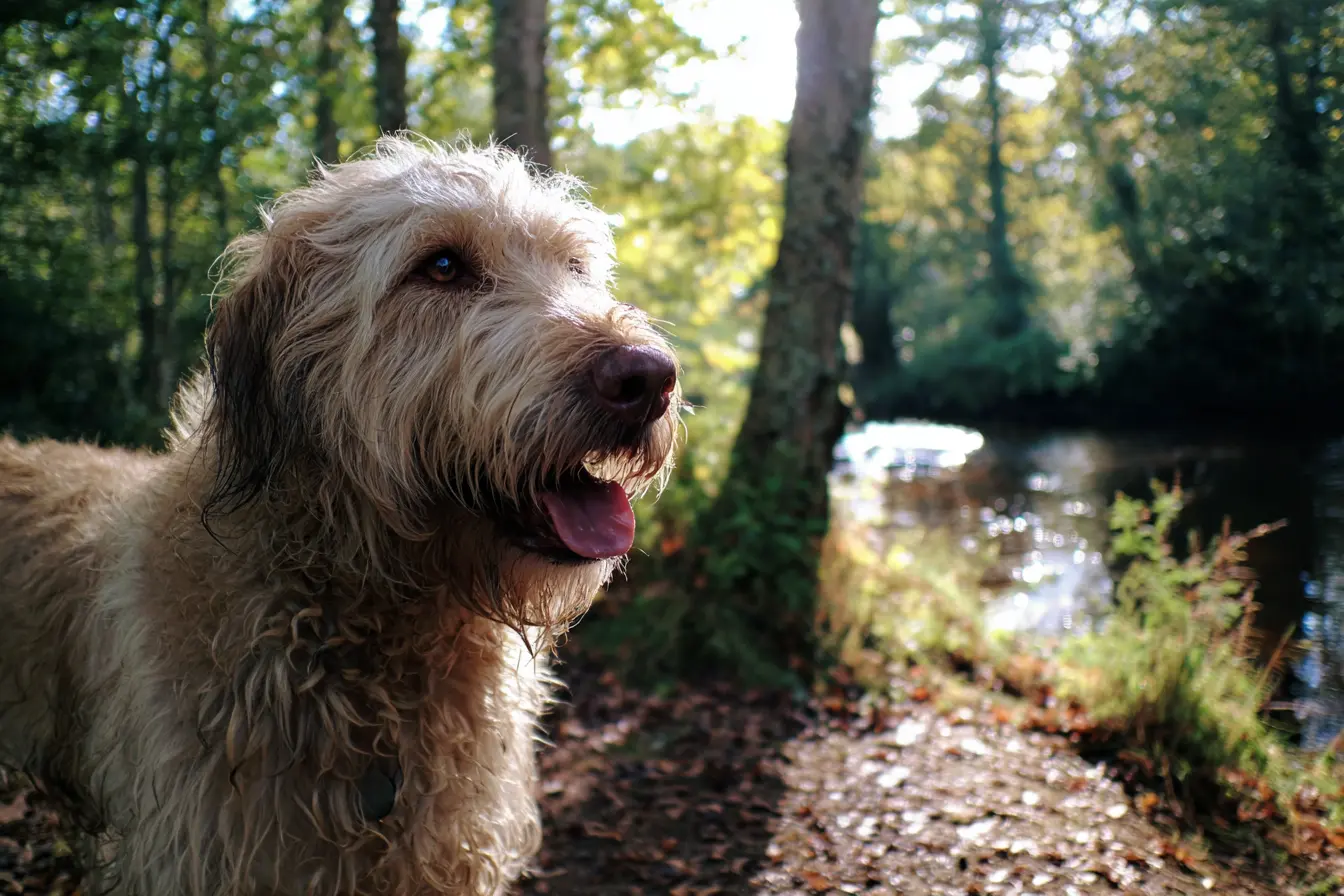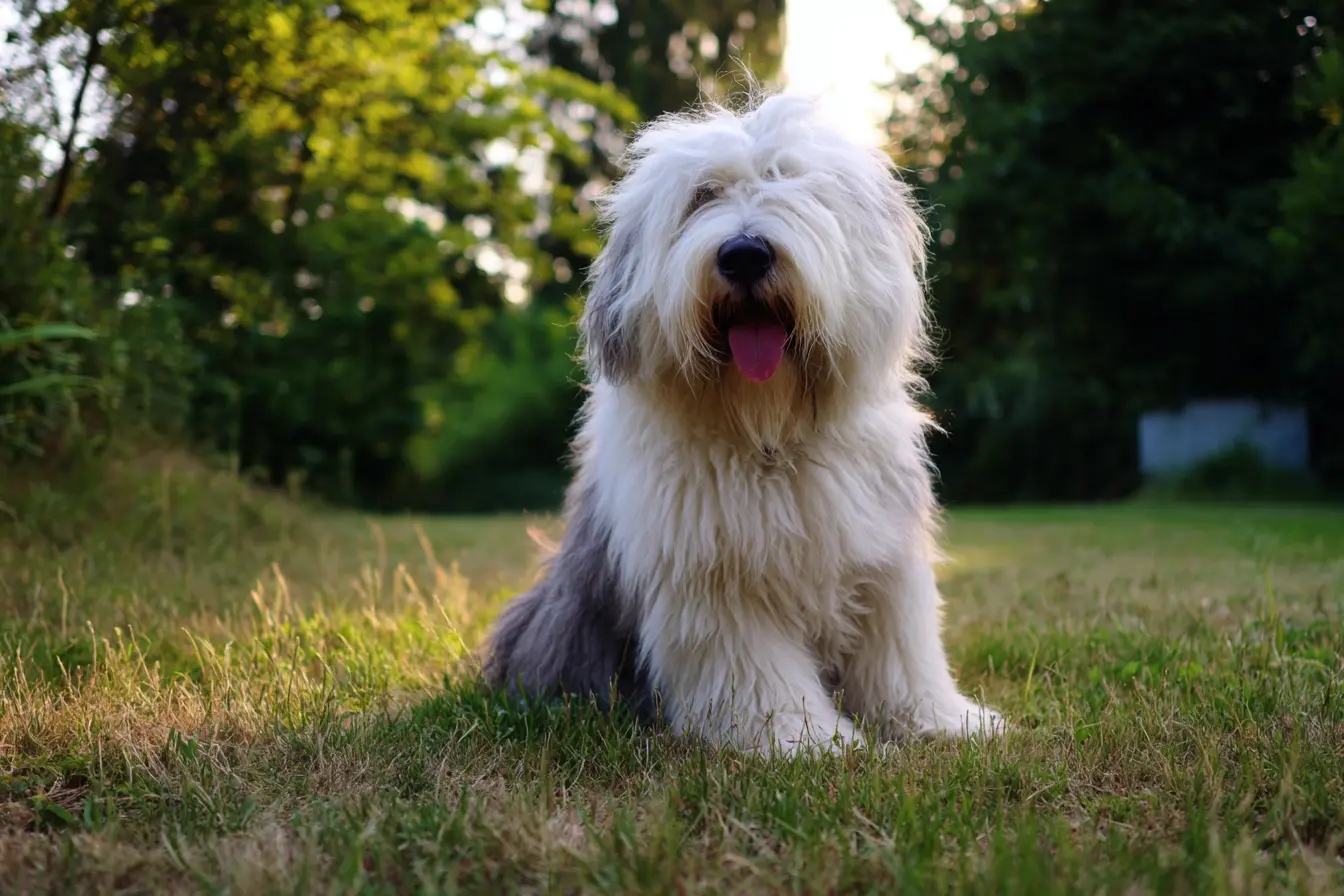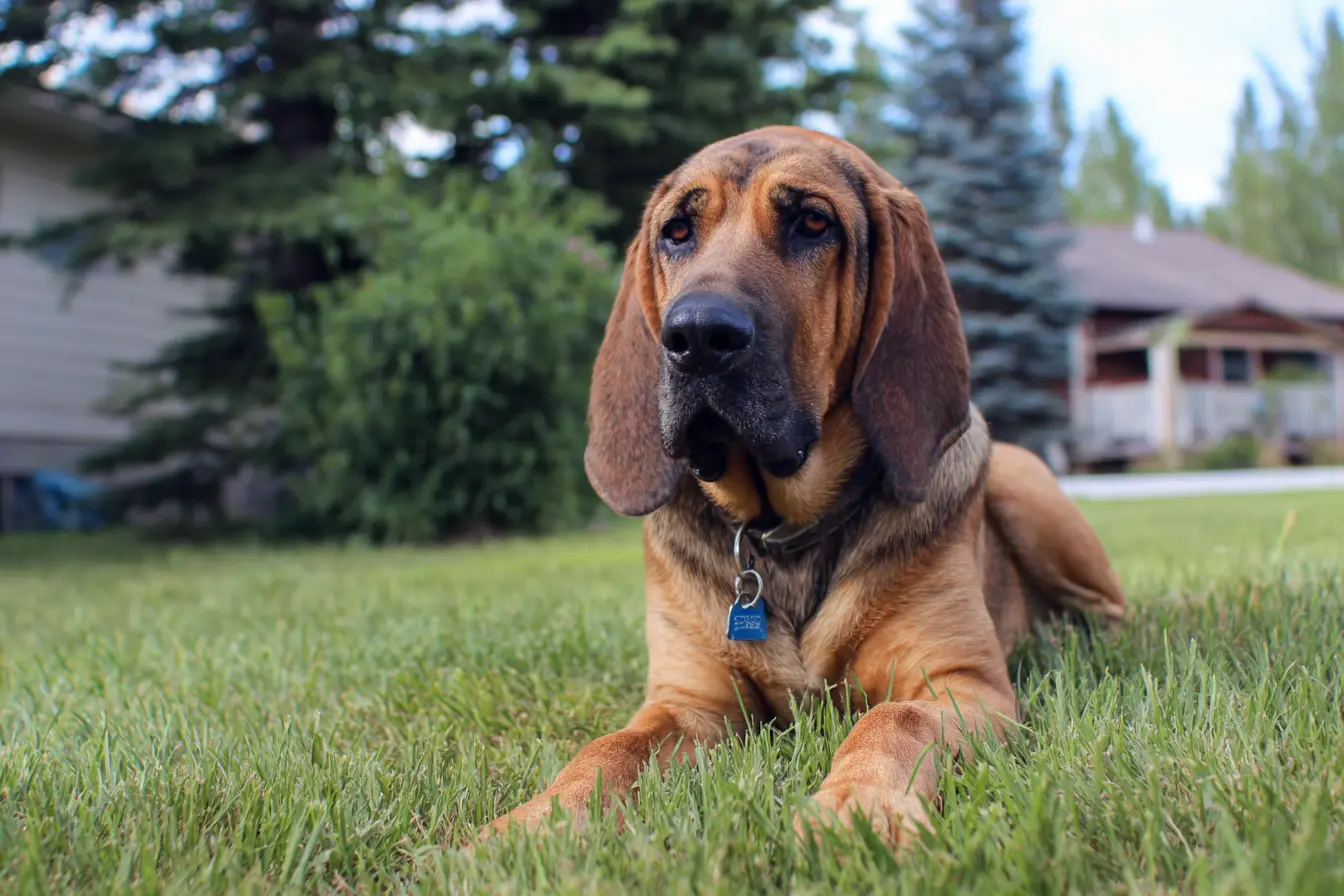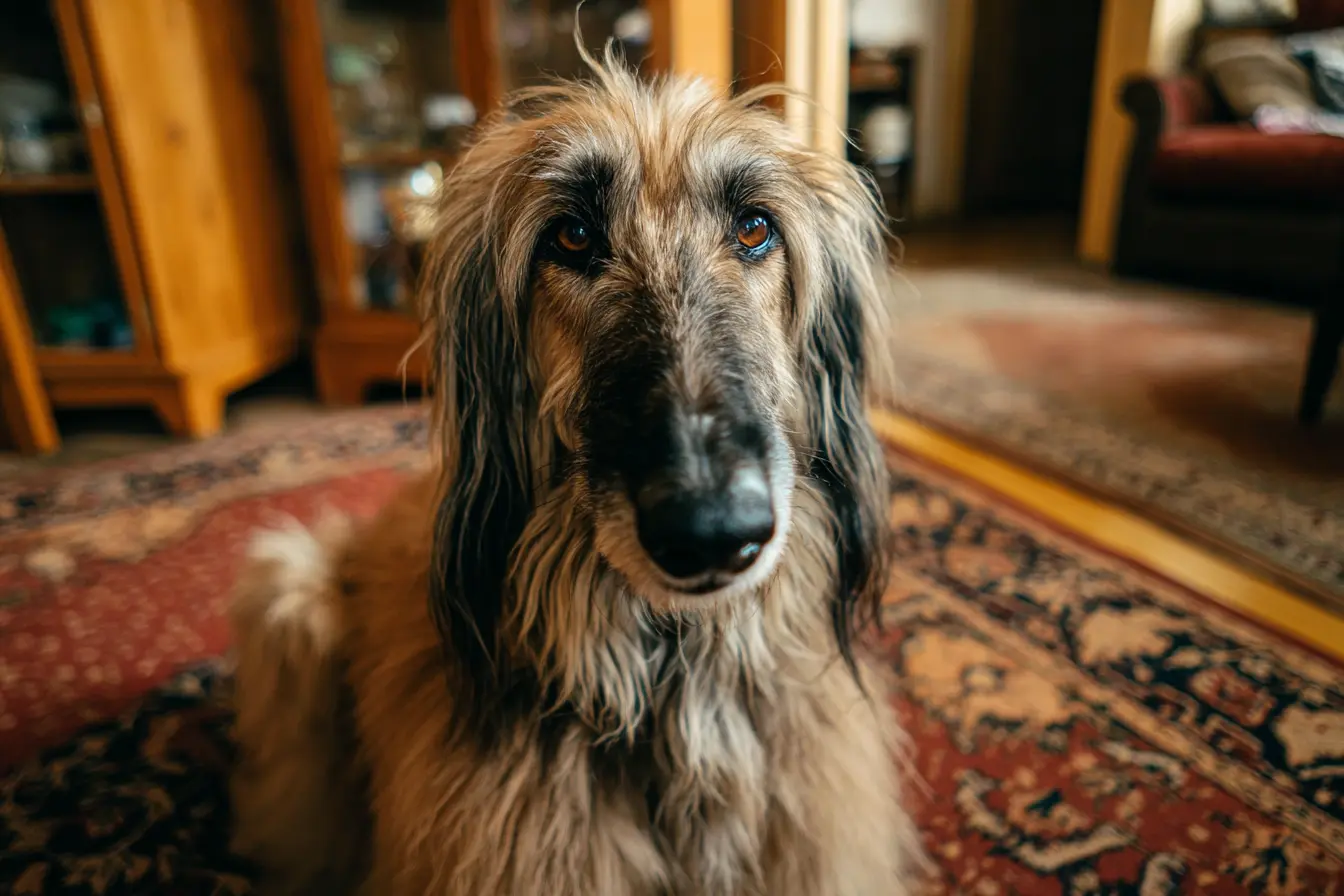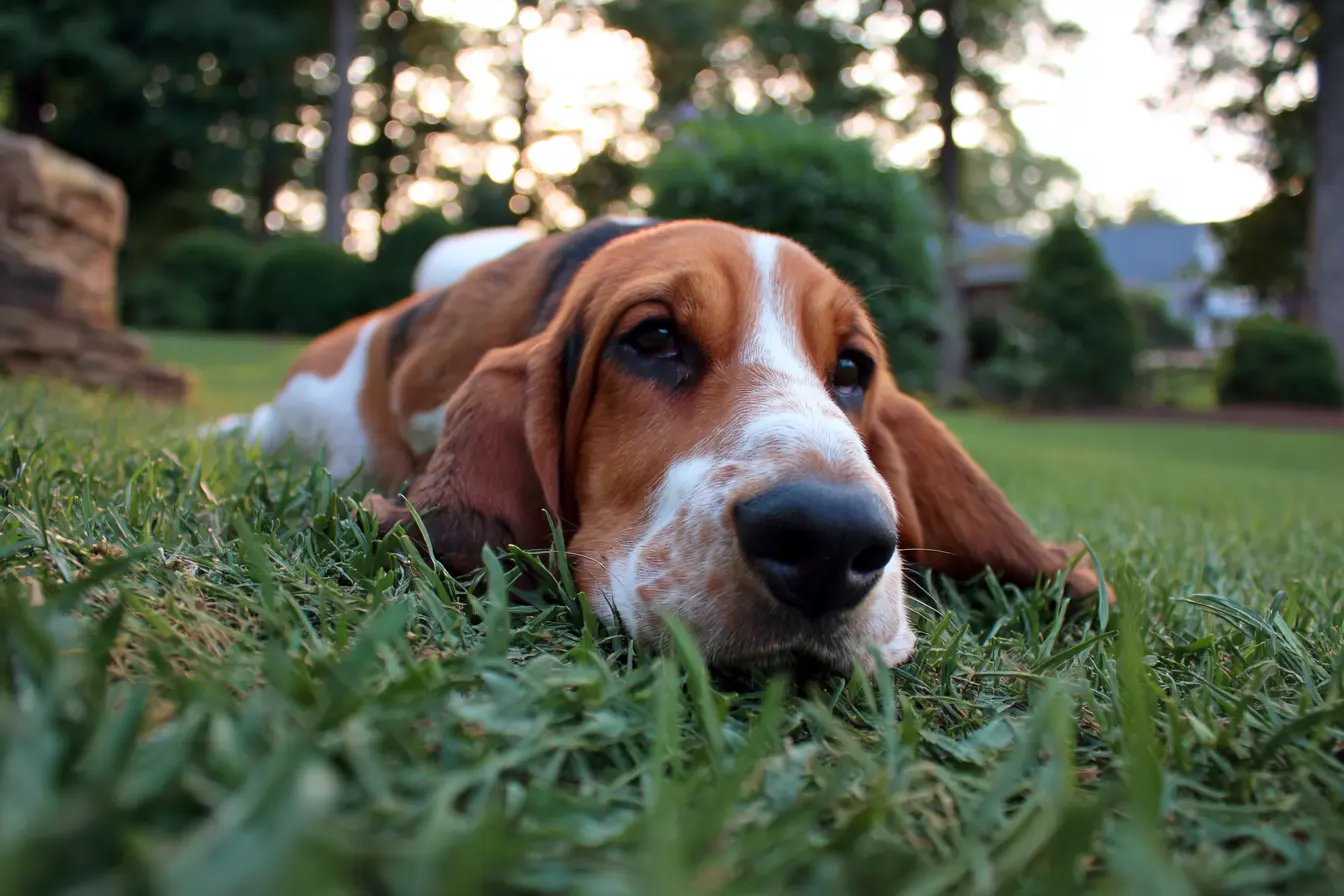
The Basset Hound: A Charming Companion with an Unmistakable Look
The Basset Hound, with its long ears, soulful eyes, and low-slung body, is one of the most recognisable and beloved dog breeds in the world. Originally bred in France for hunting small game such as rabbits, Basset Hounds possess an exceptional sense of smell, second only to the Bloodhound. Despite their sometimes melancholy appearance, these dogs are affectionate, easygoing, and bring joy to households with their unique personalities. If you are considering adding a Basset Hound to your family, it is important to understand their distinct traits, care needs, and temperament. This guide will provide everything you need to know about living with this delightful breed.
Breed Overview
Basset Hounds are scent hounds, developed to work in packs and track scents across challenging terrain. Today, they are equally appreciated as loyal family companions, known for their laid-back nature and lovable charm.
Physical Characteristics
- Size: Basset Hounds are medium-sized dogs with a heavy-boned, sturdy build. They typically stand 12-15 inches tall at the shoulder and weigh between 20 to 34 kg.
- Coat and Colour: They have a short, smooth, and dense coat that comes in a variety of colours, including tri-colour (black, white, and tan), lemon and white, or red and white.
- Lifespan: The average lifespan of a Basset Hound is around 10-12 years.
Personality and Temperament
Basset Hounds are known for their affectionate, friendly, and patient nature. They bond deeply with their families and are generally good with children and other pets. Their even temperament and tolerance make them excellent companions for households of all kinds.
Though they are famously laid-back, Basset Hounds can also be stubborn and independent, traits inherited from their working ancestry. They are clever but may not always be immediately responsive to commands, especially if a tempting scent distracts them.
Their gentle and sociable nature means they do not like being left alone for extended periods. A lonely Basset can become bored and may develop undesirable behaviours such as howling or chewing.
Exercise and Training
Despite their relaxed demeanour, Basset Hounds require regular exercise to maintain a healthy weight and prevent boredom. Daily walks and opportunities to sniff and explore are important for their wellbeing, although they are not high-energy dogs.
Training a Basset Hound requires patience and positive reinforcement. They respond best to rewards-based methods, and early socialisation is important to help them develop into well-mannered adults.
Due to their strong sense of smell, Basset Hounds may be prone to following scents without regard for surroundings. A secure garden and a lead during walks are essential for their safety.
Health and Care
Basset Hounds are generally robust, but they are prone to certain health conditions, including:
- Ear Infections: Their long, low-hanging ears are prone to trapping moisture and debris, making regular ear cleaning essential.
- Obesity: Their love of food combined with a low-energy disposition makes weight management crucial.
- Hip and Elbow Dysplasia: Their heavy frame can put strain on their joints.
- Intervertebral Disc Disease (IVDD): Due to their long spine, they are at risk of back problems.
Regular veterinary check-ups, portion control, and moderate daily exercise are important to help maintain their health.
Grooming needs are relatively minimal. Weekly brushing will help remove loose hairs and keep their coat healthy. Particular care should be given to cleaning their ears, checking for signs of infection, and maintaining good dental hygiene.
Living with a Basset Hound
Basset Hounds make wonderful companions for families, singles, and seniors alike. They thrive in environments where they can be close to their people and included in daily activities.
They are well-suited to both house and flat living, provided their exercise needs are met. Their distinctive baying voice can be loud, so consideration should be given to neighbours in close living quarters.
Basset Hounds love creature comforts and are happiest when they have a soft bed to lounge on and plenty of affection from their humans.
Potential owners should be prepared for a dog with a strong independent streak, a love of sniffing, and a tendency to drool and shed moderately.
Is the Basset Hound Right for You?
If you are seeking a loving, patient, and low-maintenance companion who brings a steady dose of charm and humour to daily life, the Basset Hound may be the perfect fit. They are especially suited to households that can offer companionship, moderate exercise, and the patience to embrace their stubborn yet endearing personality.
However, those looking for a highly obedient or highly active dog may find the Basset Hound’s laid-back attitude and independent nature less suited to their expectations.
Conclusion
The Basset Hound is a breed full of character, warmth, and gentle companionship. With their unmistakable looks, amiable nature, and occasional bursts of comical stubbornness, Basset Hounds make devoted and entertaining members of any family. With the right care, understanding, and love, a Basset Hound will bring years of loyalty, affection, and joy into your life.
Contents
Tags
Vets near you
Speciality vets
- Aquatics vet specialists
- Birds vet specialists
- Camelids vet specialists
- Cats vet specialists
- Cattle vet specialists
- Deer vet specialists
- Dogs vet specialists
- Equines vet specialists
- Exotic vet specialists
- Goats vet specialists
- Pigs vet specialists
- Poultry vet specialists
- Sheep vet specialists
- Small Mammals vet specialists
- Wild vet specialists
Vet facilities
- Accessible by public transport
- Blood testing
- Car park nearby
- Client car park
- Dentistry
- Diagnostic imaging
- Disabled public access
- Flea and worm treatments
- Microchipping
- Mobile services
- Neutering
- Open at weekends
- Out-of-hours service
- Referral interests
- Referrals only
- Street parking outside
- Toilets available
- Vaccinations
